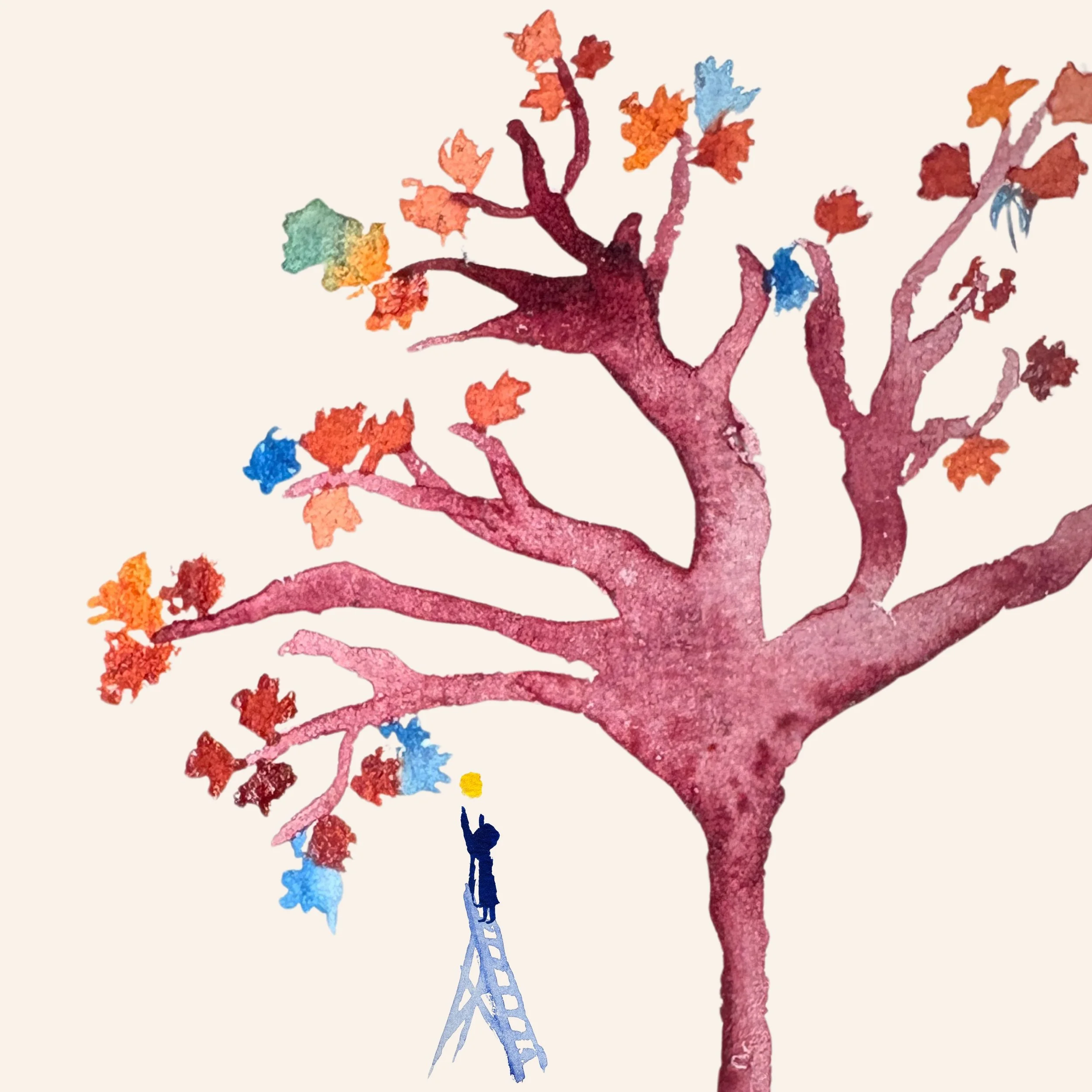Meeting Your Inner Child
Integrating the inner child is one of the most important practices of inner work, helping bring all parts of ourselves from our childhoods into a safe and living space of connection and self nurture. This week I teach you to find daily interactions with the inner child, and with them comes, playfulness, creativity, and intuition.
Excerpts
— Inner child-work is often talked about off handedly, mentioned in passing as a part of talk therapy. Unsurprisingly, the concept came from Carl Jung as he worked on the concept of the Divine Child archetype. For those who have read his autobiography, they will be familiar with his detailed stories of his childhood psyche. And for those who haven’t read his book, Memories, Dreams, Reflections — it is an exceptionally good read and I cannot recommend it highly enough. There are many accounts of important transformative points in his childhood. Jung placed great care and attention on pivotal moments in the psyche’s development, we see this in his descriptions of Personality 1 and Personality 2. We see it in his torment as he avoids a blasphemous thought, his religious terror at a jesuit priest, and of course how the adults in his life relate to him - especially his parents and teachers - and how this leads him as a child to understanding neurosis. Much of the book focuses on these early moments as a map to the development of one’s adult mind. Great empathy is given to the inner child, and it is clear that Jung felt there was a great deal of tenderness to be offered to these impressions of self.
— One of the reasons why Internal Family Systems blends so well with Jungian psychotherapy is because IFS works with ‘parts’. IFS came about in the 80s through the work that Richard Schwartz was doing with patients with eating disorders and who were self harming. He felt at a loss with one particular patient and desperate to find a way to help her, he began using the same concepts of Family Systems applying them internally. Family Systems is a psychoanalytical method that works to resolve conflict within families, Schwartz applied these techniques and principles internally, that is, imagining that all of the different parts of a patient’s mind act as a family, they have different roles and functions and personalities, much like external families. He found that the effects were rapid and long lasting. He began studying and refinding this new method of Internal Family Systems over the next few decades. Since then, IFS has quietly been growing in popularity until more recently, when there has been an explosion of interest in the last few years.
— A quick description of how IFS works. These parts I mentioned before, they come along and take over as we need their expertise. Every feeling that comes up in response to us just going about our lives is a part. Some of them are major players, considerable aspects of our persona, and easily identifiable, especially to the people in our lives, the stingy part, the self-pitying part, the overly trusting part, the people pleaser and so on. Then there are parts that IFS calls exiles. Exiles are parts that we have split off and hidden away, often eclipsing them with what we call a Protector part. The Protector part often engages in compulsive behaviour in a misguided attempt to protect the exiled part. Compulsive spending, compulsive pornography watching. These protector parts are governed by beliefs that no longer serve us and were often formed when we were young and had a limited scope of the world.
— You will experience immediate relief with even just one encounter with an inner child. And through repeatedly engaging with them, which I will get to in a moment, we will find that compulsive behaviours will reduce. Continuing with the example I set out before, this means less desire for comfort eating, less inclination to yell and demand attention when feeling adrift, less internal negative speak.
As you gain confidence in this work, you can bring more and more parts of yourself into the present. There is no need to do them all at once, rather give each one its own moment of reconnection as comes naturally. When we do the Yoga Nidra in a few days, trust what comes up. If a different age or version of you comes forward in the Yoga Nidra, go with it. You will have time to attend to all of them, if you make the time. This first encounter is not only a profound moment of reconnection with a part of yourself, but by rescuing an abandoned part, it is also a way to expand your confidence now in the present, giving you direct experience of being able to stand strong in a space of security and love and wisdom for this smaller younger part. It will become a historic moment in your life when you turn your gaze inward, reaching into yourself with great care and desire for wholeness, the start of a new system of being in your body and mind, a new perspective of how you engage with the outer world.
— Doing this work regularly could look like the following, but of course find what works for you, and be open to an imaginative space to play in — nothing I say is prescriptive — so take this guidance and adjust it as you feel best suits you.
Perhaps at night before going to sleep, make some time to check in with your inner children. If you don’t get to do it every night that is ok, and if all you can do is just yell an internal I Love You! That is also ok. But let’s say about 4 nights a week you are able to put aside ten minutes before bed and close your eyes. Maybe you sense that one of your inner children wants a hug and you hold them in your mind’s eye. Pouring love and nurture into them. Perhaps you share soft and supportive words with them, parenting them in the way they needed then and not in the way they received. Maybe you encourage them to do more art or act more feminine or masculine if that is what feels right for them, maybe you let them braid your hair with flowers. This time spent is more valuable than i can ever share in words. You will understand once you begin. It is nuanced, and subtle, and it creates an internal strengthening that will stay with you for life.

